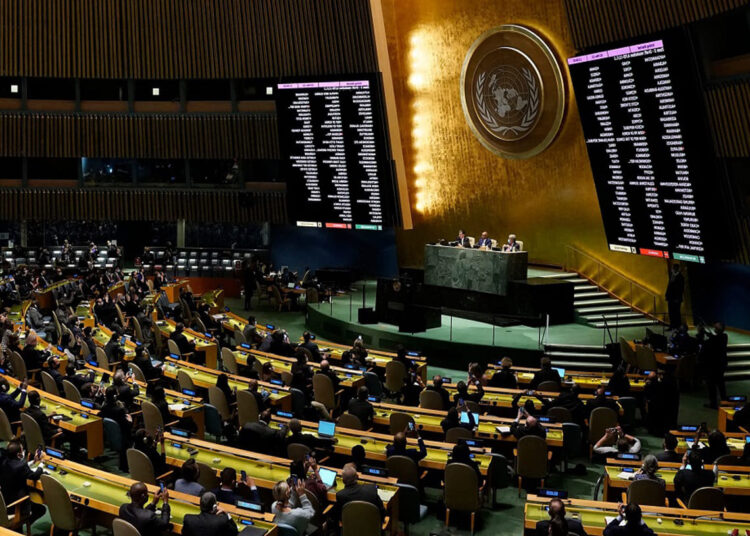Political reform: an introduction
Political reform is a term that reflects the state’s desire to improve and develop its political and governmental system in a way that enhances the country’s stability and increases the effectiveness and transparency of governance. Political reform refers to a series of changes and reforms aimed at improving the decision-making process and developing the political system in line with the needs of society and the times. These processes are an essential part of a country’s progress and development, and reflect the ongoing interaction between government and citizens.
The great importance of political reform stems from its ability to achieve several main goals:
Strengthening democracy: Political reform seeks to strengthen the principles of democracy by increasing citizen participation in government decision-making and ensuring human rights and fundamental freedoms.
Enhancing transparency: Political reform seeks to make government work more transparent and accountable, which helps reduce corruption and increase citizens’ confidence in the ruling authority.
Achieving balance and justice: Political reform seeks to improve the distribution of wealth and opportunities in society, and to ensure that government decisions reflect the interests of various segments of society.
Promoting stability: By improving political decisions and promoting good governance, political reform can contribute to enhancing state stability and avoiding internal conflicts.
Promoting development: Political reform can encourage an improved business environment and increase investments, thus promoting economic development.
Political reform measures usually include amending the constitution, improving laws and regulations, strengthening the role of democratic institutions such as parliament and the judiciary, and enhancing citizens’ participation in political life. These measures can be time-consuming and labor-intensive, and often involve radical changes to the existing political system.
Although political reform is important, implementing it can be a major challenge. Countries can face resistance from certain actors who oppose the changes, and face challenges in mobilizing resources and implementing reforms effectively.
In conclusion, political reform is an essential element in developing a country and improving the quality of life of its citizens. It contributes to building a political system that enhances democracy and transparency, ensures social balance and justice, and promotes stability and economic development. Countries need to invest in political reform as an essential part of their vision for the future, which aims to build a better society and a state that functions efficiently and fairly.









